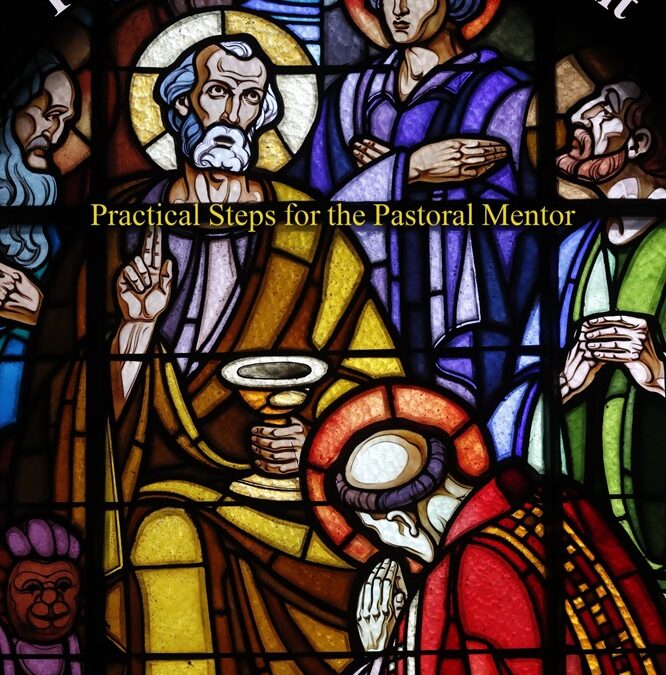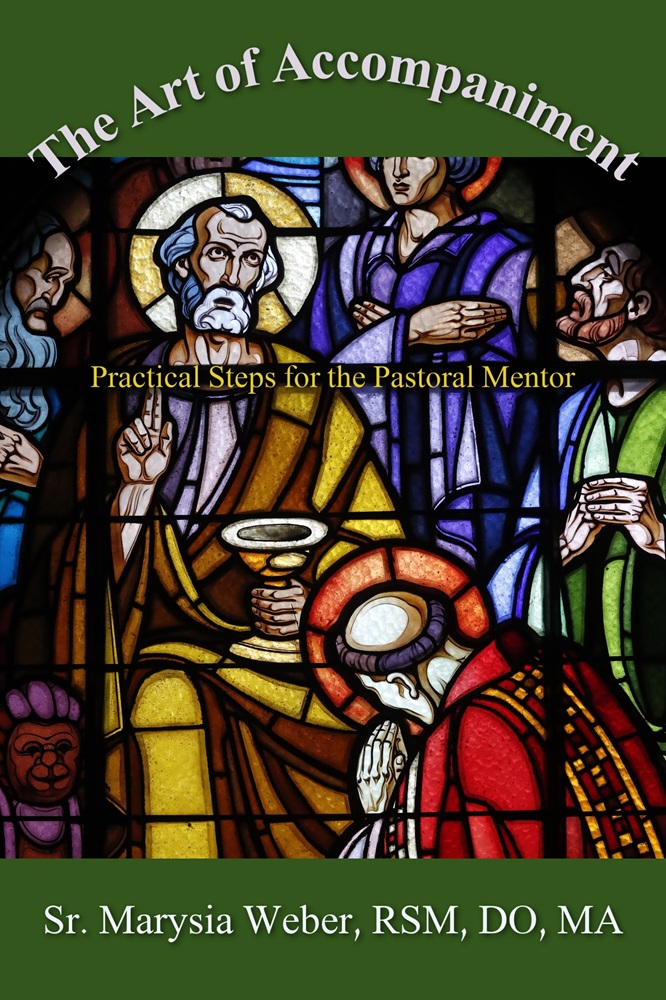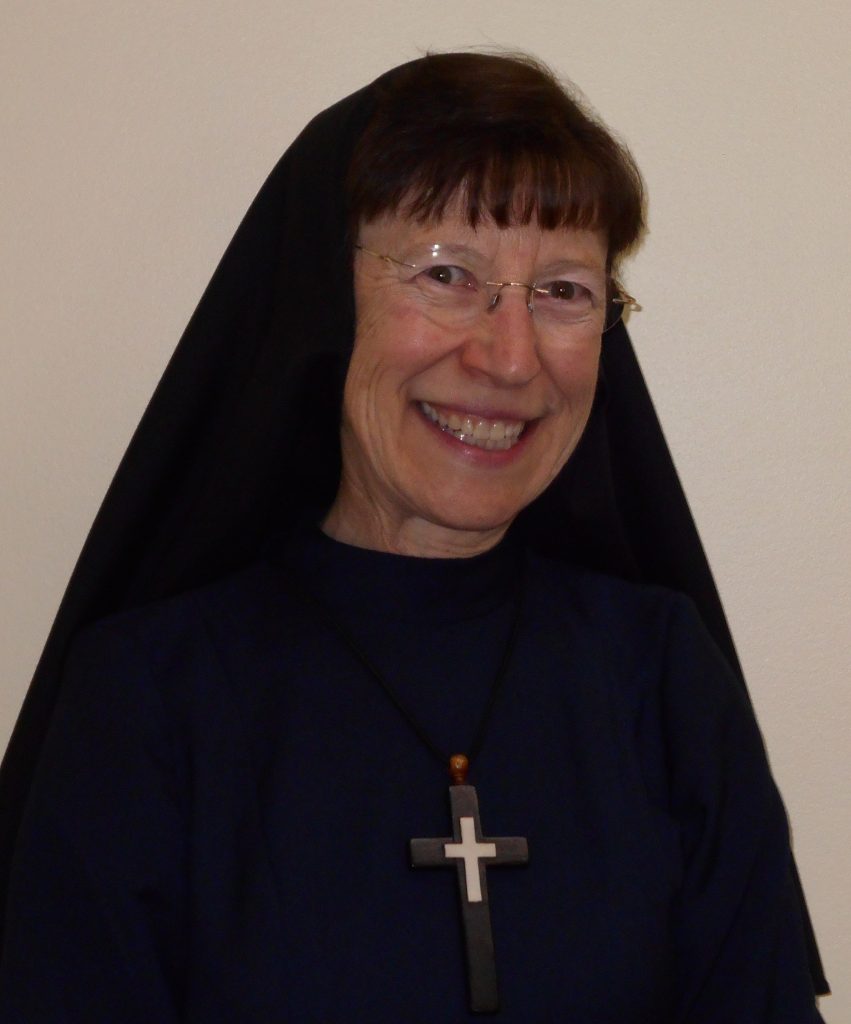In a war-torn land where the line between the spiritual and the material is blurred, an ambitious bard named Geoffrey falls out of favor with his powerful superiors and falls into a life of grace, freedom, and fulfillment when he joins the followers of an ancient Lord and embraces their paradoxical path of light and life.”
Geoffrey never expected to lose everything. He was a wildly popular bard, a dedicated subject of the great and prosperous nation of Trastaluche, and a fervent devotee to the Trastalucherian motto, Progress before all. But when a secret mission to root out a family of traitors goes horribly awry, and no one but Geoffrey is left alive, his history of loyalty no longer seems to matter. The Committees need someone to blame for such a disaster, and Geoffrey’s account -that an entire house disappeared before his eyes- is much too far-fetched to save him from being their scapegoat.
But losing everything isn’t always a total loss. At his lowest point, Geoffrey is rescued by a band of shadowy figures whose questionable actions and vague answers leave him both fascinated and terrified. When the leader of the band is revealed to be the very man whose house vanished in front of Geoffrey, the bard must decide between betraying his saviors to regain the favor of a dreadful Lord or rejecting his former allegiances and embracing the Way of Lucherium: a secret path at once mystical and grotesque that allows its followers to bridge the gap between the spiritual and material realms and to harness the fabric of existence itself. As Geoffrey struggles with the torrent of truths and choices that threaten to overwhelm him, he is certain of one thing: either path will lead to suffering, but only one can grant Geoffrey true Light and true Life.
Intimate and epic, action-packed yet deeply contemplative, Christopher J. Rziha’s The Way of Lucherium presents a stunning parable of the soul that reimagines the moral complexities of redemption, friendship, progress, sacrifice, loyalty and grace by asking: what if the realities of grace and sin, of angelic inspiration and demonic possession, of sacraments and cultures of death, were made explicitly visible in our bodies, souls, and relationships? Perfect for young adults and above who seek to immerse themselves in a rich new world of fantasy that illuminates the metaphysical undertones of everyday life, Rziha’s novel combines St. Augustine’s restless heart, J. R. R. Tolkien’s fascination with verse and lore, and The Wingfeather Saga’s emphasis on the transcendent calling of the ordinary person in a tale of subterfuge, conversion, and warfare.
Paperback: $19.95 | Kindle: $9.99
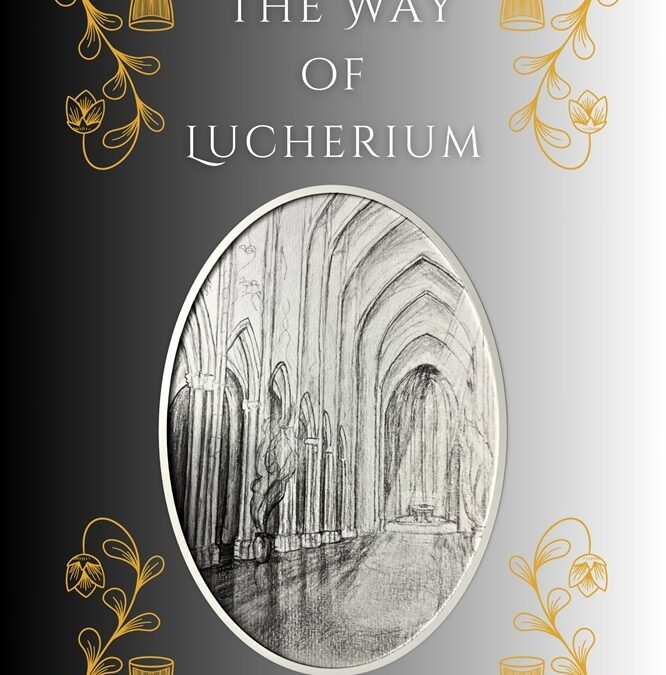
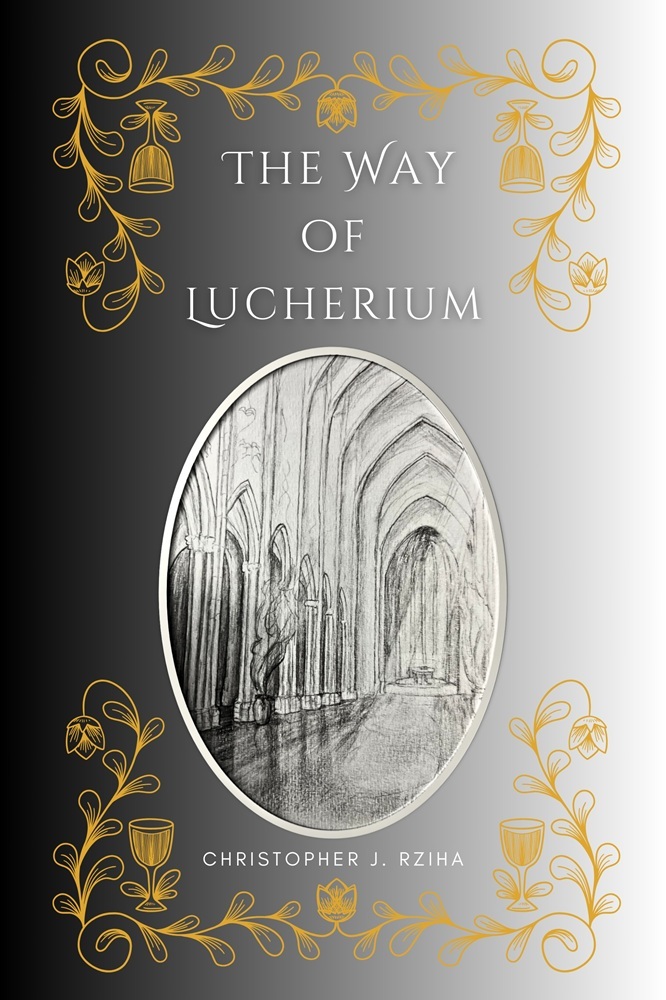

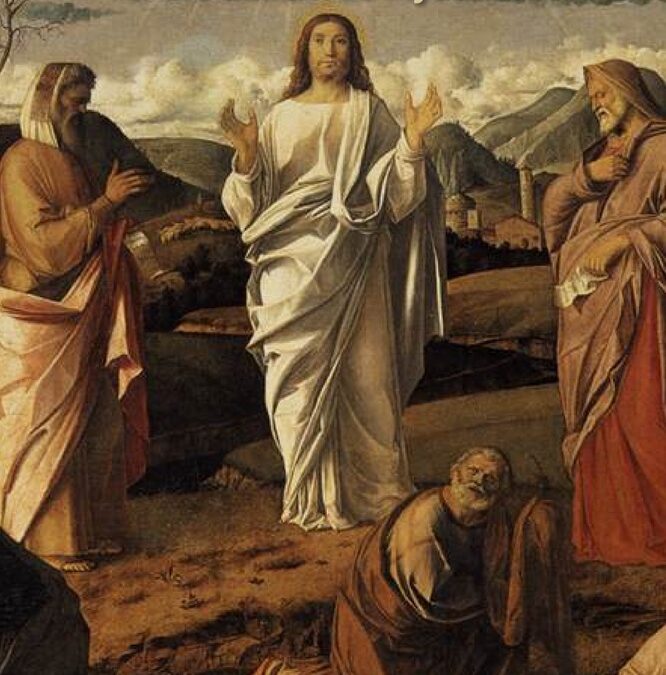
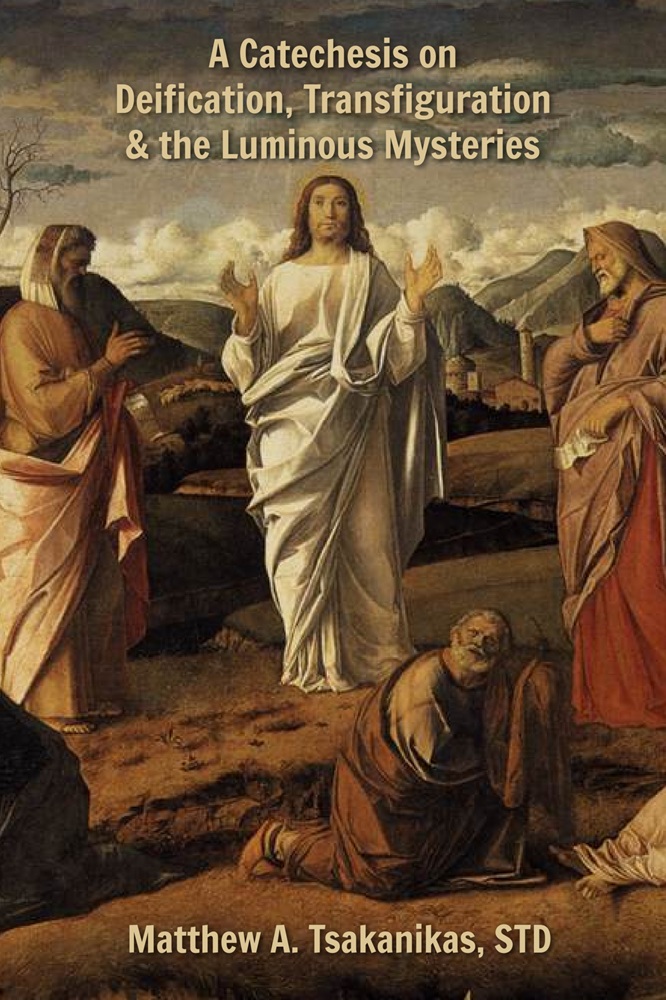
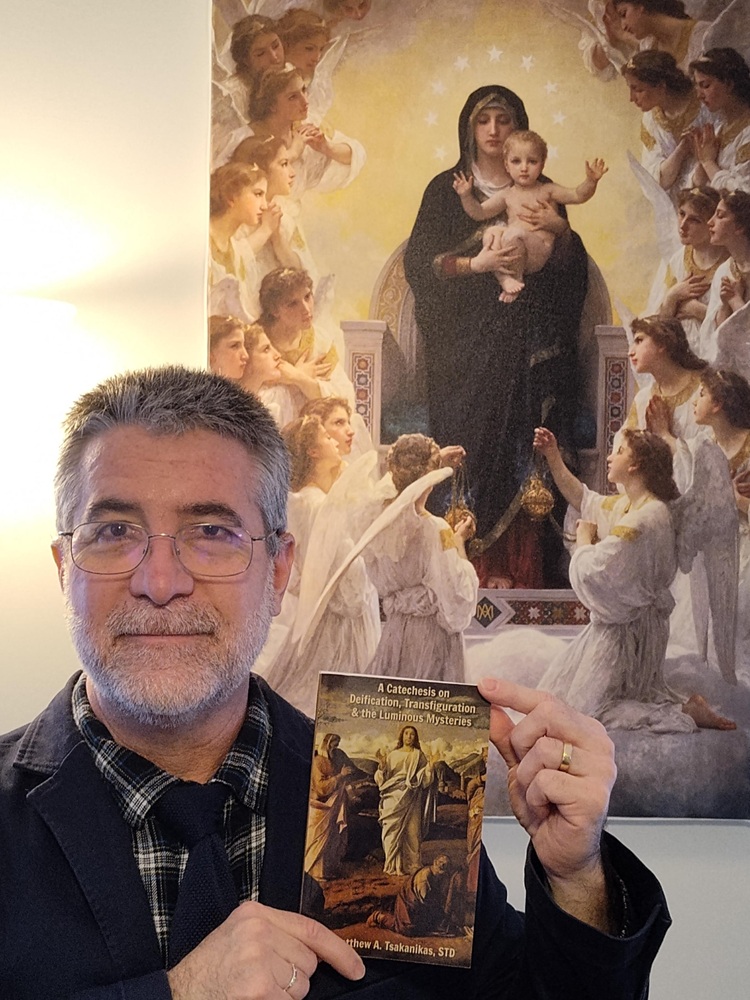



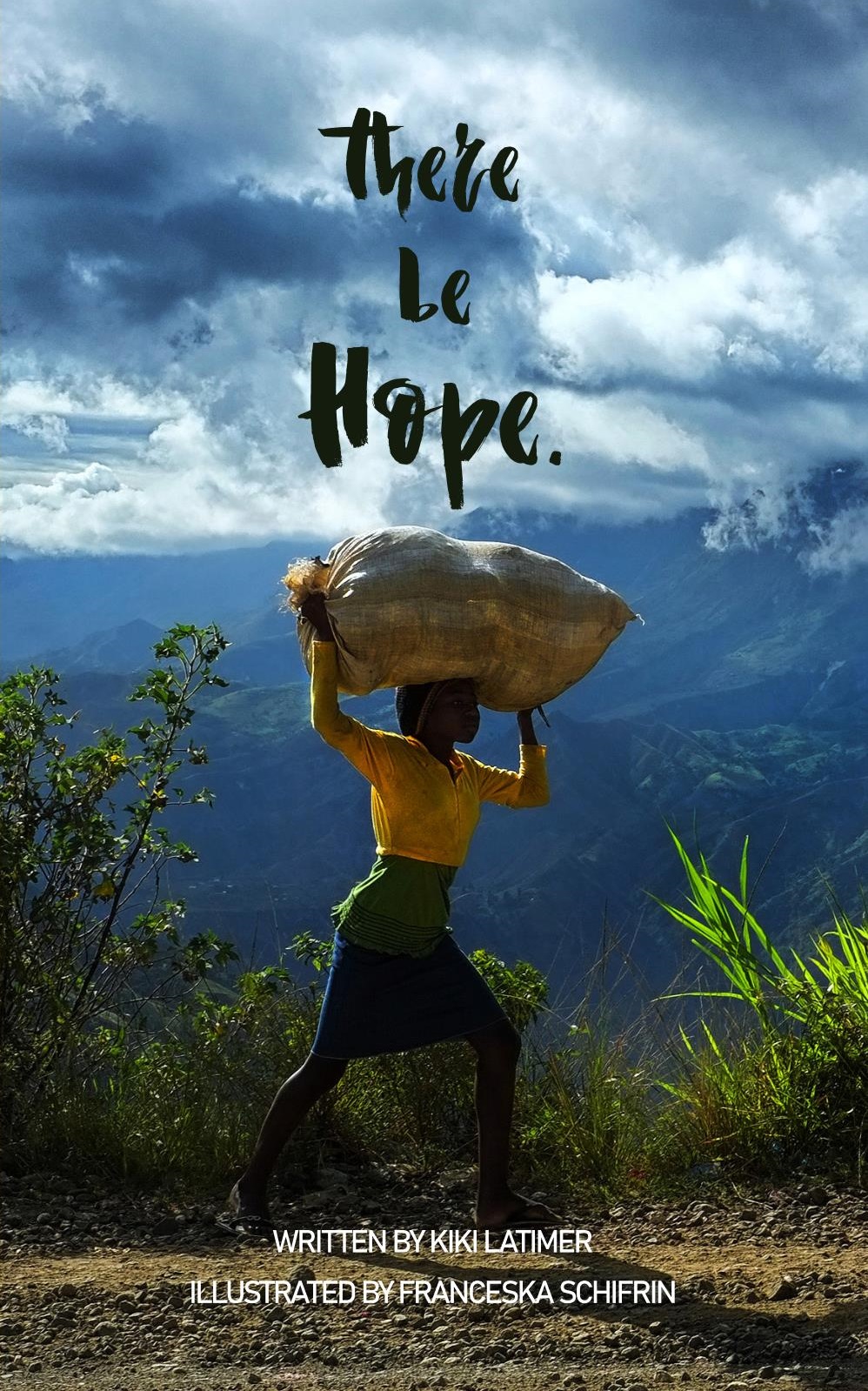
 Kiki Latimer is the author of
Kiki Latimer is the author of 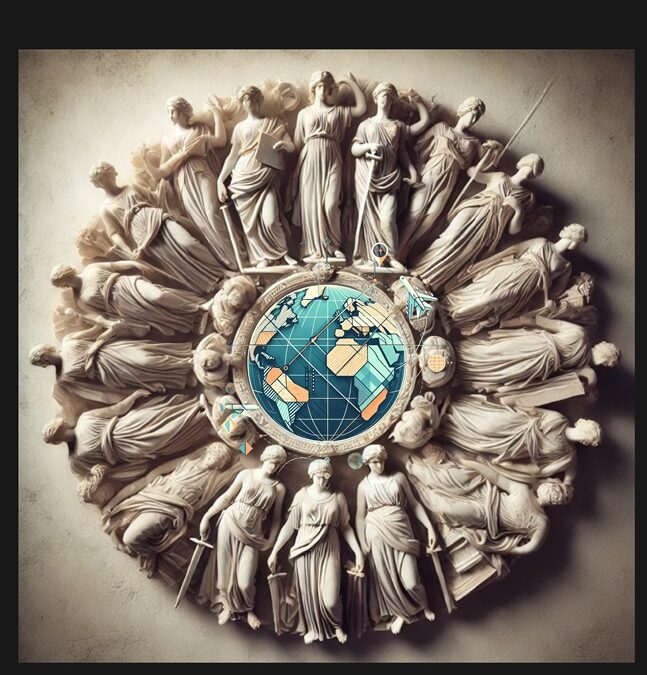
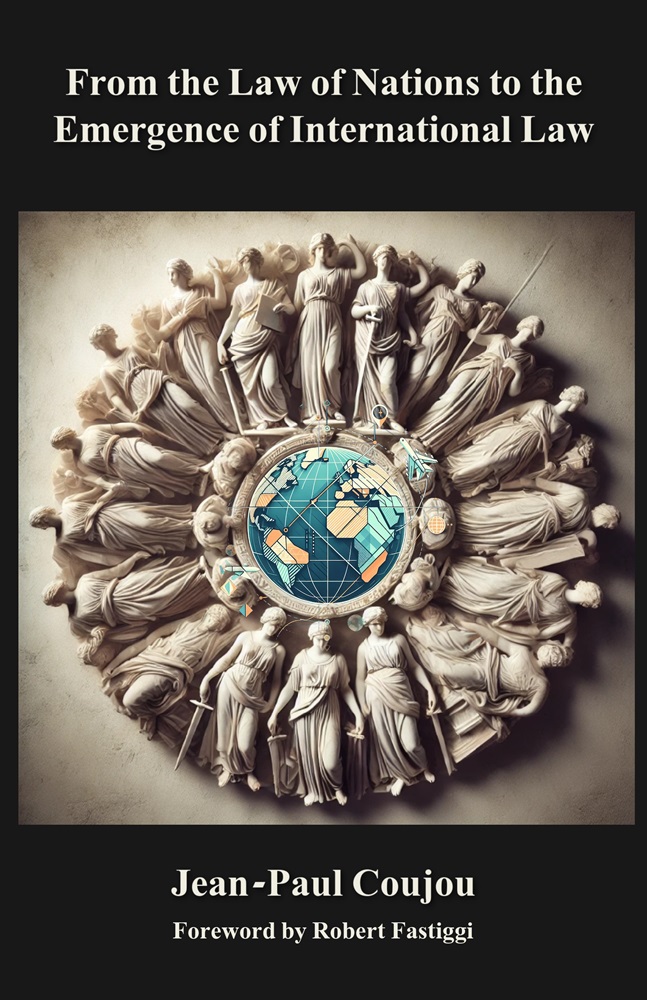
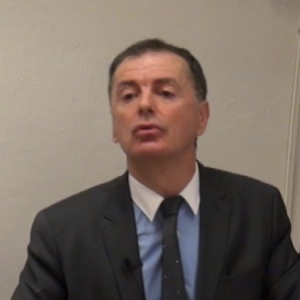 Jean-Paul Coujou, member of the Institut Michel Villey, Agrégé de philosophie chaire supérieure, doctor (Paris I) HDR (Paris IV), honorary professor at the Faculty of Philosophy of the Institut catholique de Toulouse, where he was director of the Ethics, Philosophy, Science and Society laboratory as well as director of the doctoral cycle, is the author of some thirty books, around a hundred articles and winner of the Prix Charles Lévêque from the Académie des Sciences morales et politiques in 2012. He has also been a visiting professor at a number of foreign universities.
Jean-Paul Coujou, member of the Institut Michel Villey, Agrégé de philosophie chaire supérieure, doctor (Paris I) HDR (Paris IV), honorary professor at the Faculty of Philosophy of the Institut catholique de Toulouse, where he was director of the Ethics, Philosophy, Science and Society laboratory as well as director of the doctoral cycle, is the author of some thirty books, around a hundred articles and winner of the Prix Charles Lévêque from the Académie des Sciences morales et politiques in 2012. He has also been a visiting professor at a number of foreign universities.